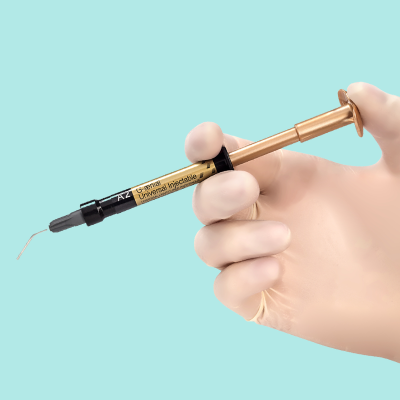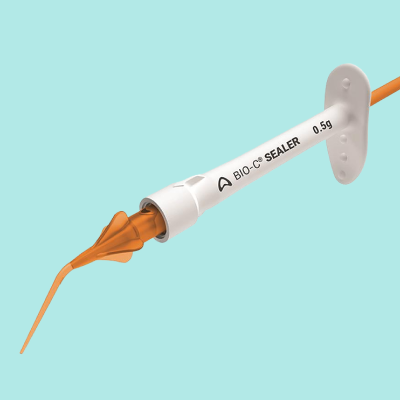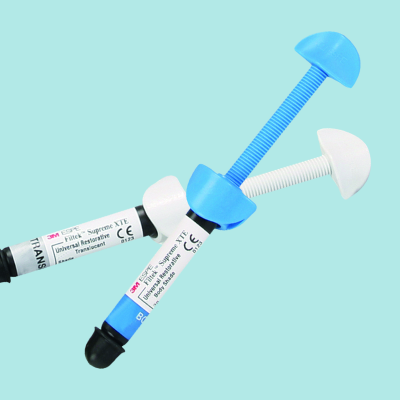“NHS dentistry is in crisis and a staff exodus is inevitable.” Those were the words of Shawn Charlwood, Chair of the British Dental Association’s (BDA) General Dental Practice Committee. According to a recent BDA poll, 30% of dentists are considering going fully private, while 47% are “likely” or “extremely likely” to reduce their NHS commitments. The reasons for this will vary from dentist to dentist, but many would point to long-standing NHS care challenges and pressures that have intensified with Covid and Brexit. Issues range from staff shortages and pay to treatment restrictions and unrealistic targets. Many see private dentistry as the answer. We’ll explore some of the pros and cons commonly given by dentists.

A changing of the tide
The number of private practices operating in the UK has been steadily growing year on year in the UK. The latest BDIA estimate puts the number of private high street practices at 3,320. This is 46% more than in 2009/10 when first estimated. In comparison, the number of NHS high street practices has been reducing nearly every year since 2010/11. There are currently estimated to be 8,732 NHS practices in the UK; this is 20% less than in 2005/06. BDA chief executive Martin Woodrow said: “An immediate consequence of the shortage of NHS care has been an increased appetite for private dentistry.” “Some traditionally NHS-dependent practices are seeing the conditions now right to diversify their income streams and move away from the NHS treadmill. We may see that trend continue in 2022.”
Private Dentistry: The Pros
Lack of targets
NHS contracts are often given as the main reason for dentist dissatisfaction, and feelings seem to have become more negative during the pandemic. The pressure of hitting targets can contribute to stress, fatigue and the feeling of being underpaid. With private dentistry, costs are presented to the patient and it is up to them whether they proceed with treatment or not. Dentists have greater control of pricing and can weigh this up against the cost of materials and the dentist’s time, rather than being restricted to the banded NHS treatments. In private care, there is generally far less bureaucracy with no key PCO targets to meet and record, and no NHS claim submissions to deal with.
Connecting with patients
The absence of targets and other NHS specific regulation can provide some dentists with more time to connect with the patient and better understand their individual needs and concerns. Giving patients more dedicated attention leads to the building of better rapport, fewer complaints over miscommunication and an overall better level of care. Private dentistry allows many dentists to spend more time with patients, which can be accounted for in costs.
Treatment and payment options
Working within the private sector means a greater range of treatment options can be offered, especially when it comes to cosmetic dentistry. Whitening offers a valuable revenue stream. Dental payment plans can be offered to cover private treatment, enabling patients to spread the cost of treatments.

Less red tape
Constraints on capacity imposed by the NHS during the pandemic had a huge impact on the number of patients that could be seen. Roughly 38 million appointments were lost since March 2020. Some NHS patients are facing up to a three-year wait for an appointment. Though still subject to changes in infection control procedures and Care Quality Commission (CQC) requirements, the impact on private dentistry has been much less.
Better work-life balance
One of the main takeaways from the pandemic for many people has been a newly discovered appreciation of how time away from the workplace can improve personal wellbeing. Being able to spend a bit more time at home with family can have a huge impact on reducing stress levels and even increase productivity. A private practice also has greater freedom over its opening hours. Working privately allows the dentist to work during evenings or weekends if they wish.
Private Dentistry: The Cons
Higher patient expectations
Spending greater amounts of money on private treatment naturally comes with greater patient expectations, which must be managed. Some patients feel that private dentistry might be able to fix problems that NHS dentistry cannot. Breaking down costs can also be challenging for some dentists and an awkward conversation to have, especially in the current climate where many patients are only seeking private care because NHS appointments are unavailable.
Different benefit options
The NHS provides guaranteed, stable employee benefits such as maternity pay, sick pay and the NHS pension scheme. It is less common for private practices to provide their employees with a comprehensive benefits and pension packages.
Conclusion
The impact of the Coronavirus pandemic was felt throughout the industry, in both the NHS and private sector. However, the private sector has been less impacted by capacity constraints and has reaped the benefits of many patients turning to private care for treatment they cannot access through NHS dentists. The industry expects to see a continued shift to private treatment in the coming years.















